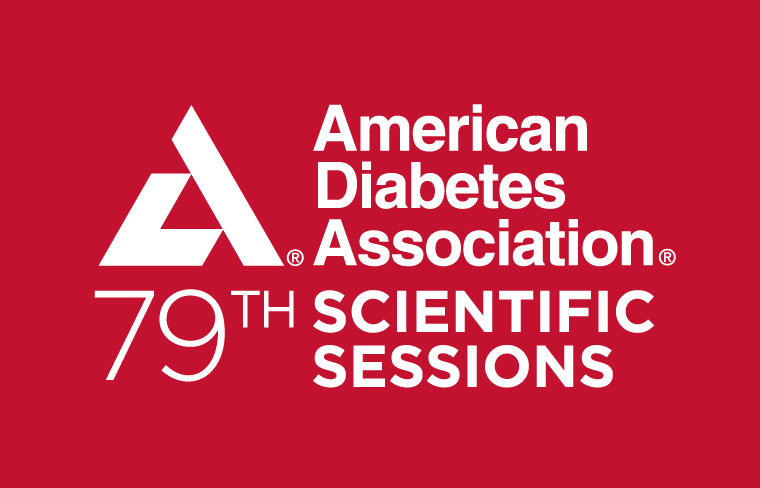-
Behavioral economics used to improve patient engagement, promote healthy food choices
A panel of experts, including Jeffrey T. Kullgren, MS, MD, MPH, and Anne N. Thorndike, MD, MPH, will discuss ways to improve the effectiveness of diabetes interventions during Sunday’s symposium “Which Benefit Design and Behavioral Economic Interventions Can Be Used to Facilitate Diabetes Prevention?”
-
A mother’s diabetes may affect child’s neurobehaviors and cognitive function
Emerging data suggest that the offspring of mothers who have diabetes during pregnancy are at increased risk of cognitive and neurodevelopmental disorders. These mental effects are in addition to better-known metabolic risks associated with maternal diabetes, according to Anny Xiang, PhD, and Peter Damm, MD.
-
D2d Study: Vitamin D supplementation does not significantly reduce risk of type 2 diabetes
Among vitamin D-sufficient adults at high risk for type 2 diabetes, vitamin D supplementation at a dose of 4000 IU per day did not significantly lower the risk of diabetes compared to placebo, according to the results of the Vitamin D and Type 2 Diabetes (D2d) Study – A Multicenter Randomized Controlled Trial for Diabetes…
-
ADA/ACC joint symposium considers benefits of trials across specialties
Recent clinical trials studying the safety and efficacy of sodium-glucose co-transporter-2 (SGLT2) inhibitors and glucagon-like peptide-1 (GLP-1) receptor agonists in patients with diabetes have created opportunities for collaboration with cardiologists and nephrologists, according to Jean-François Yale, MD, FRCPC.
-
Experts debate benefits of aggressive lowering of LDL cholesterol
Sanket Dhruva, MD, MS, and Steven E. Nissen, MD, MACC, addressed the ongoing controversy about how intensive therapy should be to lower low-density lipoprotein (LDL) cholesterol during Friday’s session “Is Very Aggressive Lowering of LDL Cholesterol Worthwhile?”
-
Q&A: Evidence-based therapies for type 2 diabetes with CVD
Recent clinical trials are changing the evidence base clinicians use to select the most appropriate treatment for type 2 diabetes. Tina Vilsbøll, MD, DMSc, will discuss adding a GLP-1 receptor agonist to metformin during Saturday’s Current Issues session “Choosing Evidence-Based Therapy for Type 2 Diabetes Mellitus with Cardiovascular Disease.”
-
What value should clinicians place on real-world evidence?
The question about real-world evidence is no longer whether data collected during routine clinical processes can be useful, but rather, how can it best be used? Mikhail Kosiborod, MD, and Hertzel C. Gerstein MD, MSc, FRCPC, will address that question during Saturday’s Current Issues session “What are the Contributions of the Evolving Real-World Evidence?”
-
Results from 10 major studies to be presented at the Scientific Sessions
New data from cardiovascular prevention trials are just some of the highly anticipated study announcements that will be presented at the 79th Scientific Sessions. Check out the schedule of sessions featuring major study results.
-
Experts will explore current trends, issues in CGM
Friday’s symposium “Pains and Gains in Continuous Glucose Monitoring (CGM)” will explore a range of topics, including advances in device technology, outcomes and indications, CGM in special populations, and uniform metrics in CGM. Roy W. Beck, MD, PhD, and Anders L. Carlson, MD, preview the session.
-
Q&A: Treating kidney and cardiovascular disease in patients with diabetes
Emerging trial data are changing approaches to kidney disease, diabetes, and cardiovascular disease. ADAMeetingNews.org spoke with George Bakris, MD, and Amanda Vest, MBBS, MPH, who will review the latest data during Friday’s symposium “Diabetic Kidney Disease and Cardiovascular Disease in Diabetes.”











